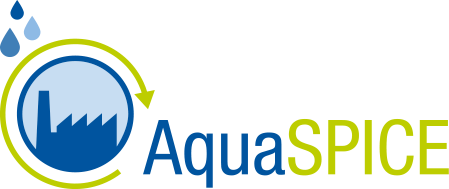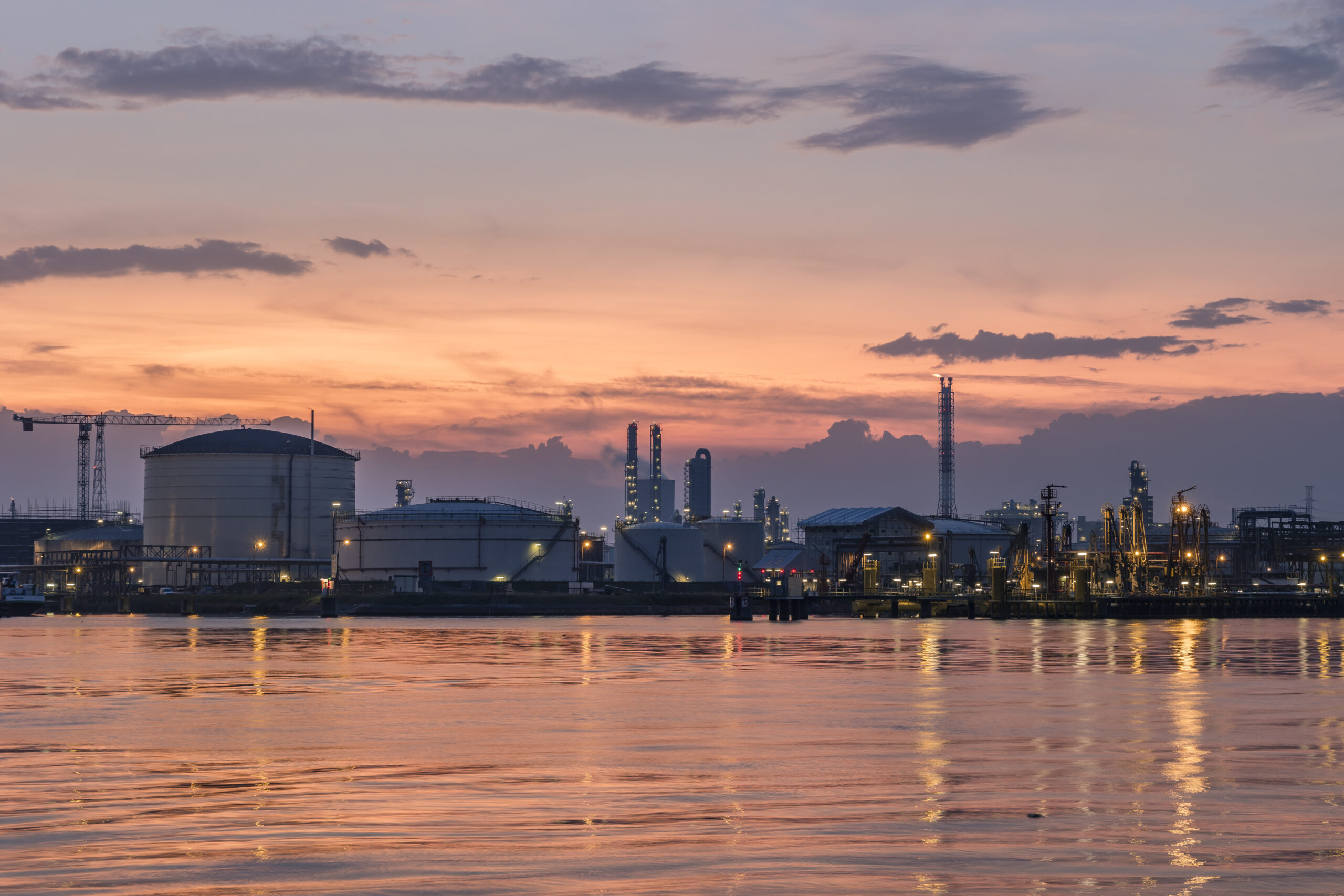The AquaSPICE project, in collaboration with BASF Antwerp, is investigating innovative water treatment technologies to enhance industrial wastewater reuse. This case study, based on Merel Van Ginderachter’s MSc thesis, focuses on lab-scale research aimed at maximizing water recovery at BASF’s facilities.
Key findings from the study include exploring treatment technologies for wastewater streams at the Cracker Site and the new demineralisation plant at BASF Antwerp. Researchers tested advanced technologies, such as second-stage reverse osmosis (RO) and nanofiltration, to assess their effectiveness in improving water quality and minimizing waste streams. One promising approach involved concentrating RO permeate and optimizing the softener regeneration process, aiming to reduce chemical inputs and reuse waste streams effectively.
At the Cracker Site, the potential for reusing specific wastewater streams, such as NTBA and process steam blowdown, was also examined. The findings suggest that technologies like nanofiltration, ion exchange, and electrodeionization (EDI) could play a crucial role in future pilot-scale tests on-site.
This research provides critical insights into sustainable water management practices for the industry, emphasizing the potential of innovative technologies to address freshwater scarcity and reduce environmental impact. The next phase involves scaling up these findings to pilot tests at BASF Antwerp, paving the way for more efficient water reuse solutions in industrial settings.
You can find more info in the full document here. To know more about the case study, click here.

